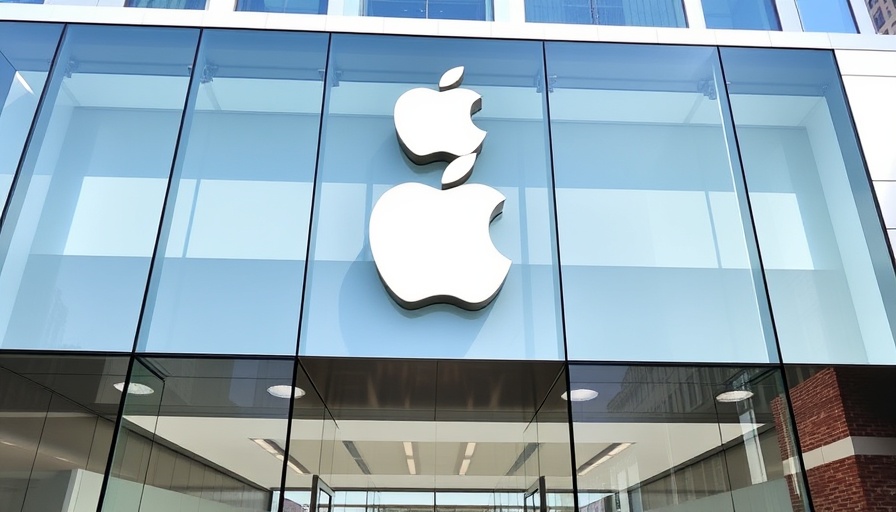
Apple's Vision for Smart Homes: A Closer Look
In a bold move toward enhancing smart home experiences, Apple is reportedly set to unveil a new wall-mounted smart tablet in early 2025. This device aims to blend functionality and design, controlling home appliances while providing seamless communication options like video calls. According to reports from Mark Gurman of Bloomberg, this forthcoming device is not just another gadget; it embodies Apple's strategy to create a centralized command center for smart homes, challenging the likes of Amazon's Echo Hub and Google’s Nest Hub.
What to Expect from Apple’s Smart Home Hub
The size of the new tablet is anticipated to be around six inches, displaying a sleek interface optimized for voice control through Siri, Apple Intelligence, or an innovative system dubbed 'App Intents.' The proposed OS will integrate traditional Apple features, offering users access to apps like Safari, Apple Music, Notes, and Calendar. With a starting price estimated between $100 and $250, this smart home hub is poised to attract a wide audience looking for user-friendly technology.
Future Trends in Smart Home Technology
Apple's entry into the wall-mounted tablet market reflects a larger trend toward integrating artificial intelligence in everyday devices. As smart homes become more prevalent, the role of AI in managing tasks and enhancing user experience will continue to evolve. Apple's hub could set new standards for interconnectivity, making it easier for consumers to interact with their home environment, thus forecasting a future where convenience is key.
Potential Competition and Market Impact
While Apple is entering a competitive landscape already dominated by Google and Amazon, their innovative features might just redefine how consumers perceive smart home technology. Apple's reputation for quality and design could give it a unique advantage, enabling deeper integration into its existing ecosystem of products, which may draw in loyal customers looking for an all-in-one solution.
The Promise of AI in Everyday Life
The integration of AI not only enhances the functionality of these devices but also opens the door to future applications that can learn and adapt to individual user preferences. As technology progresses, consumers will likely see AI tools being used within homes for everything from security to healthcare, marking a significant leap into how we interact with our living spaces.
Stay tuned for more updates as Apple prepares to launch its smart home tablet. As advancements in technology continue to shape our world, keeping informed will help consumers make better choices suited to their lifestyles.
 Add Row
Add Row  Add
Add 




Write A Comment